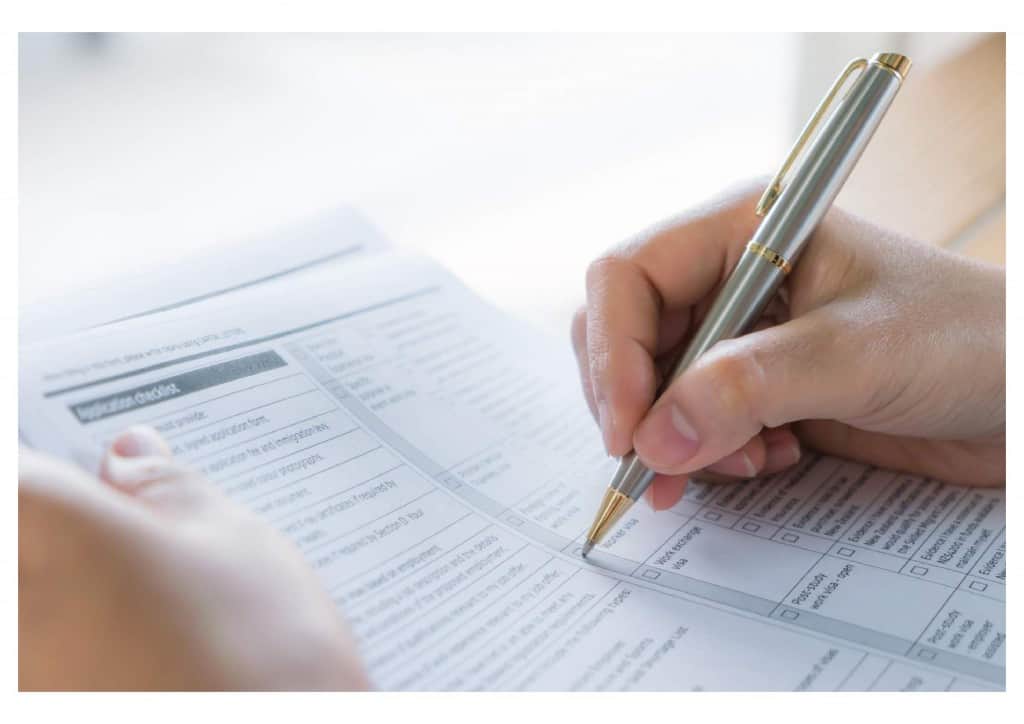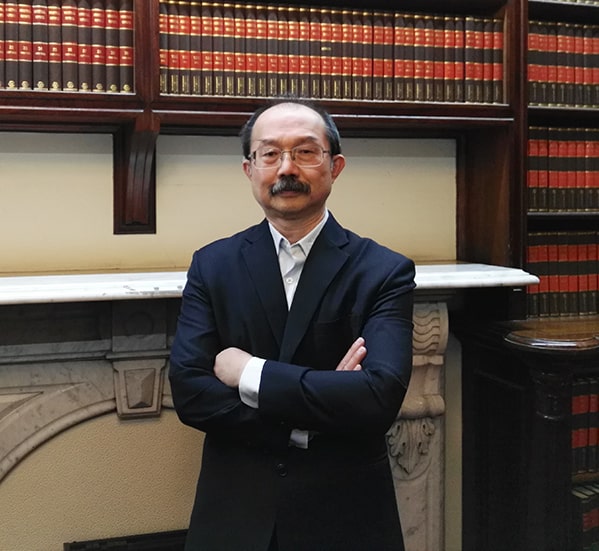
Business Innovation And Innovation Class EB Subclass 188 (188B) Or Business Investment (Subclass 188) Visa: How To Apply
If you have investment experience, you may be able to apply for a Business Investment (Subclass 188) visa or 188B visa to invest in a state or territory government’s security and, to live and operate a business in Australia.

How do I know if I can apply?
- You must score at least 65 points on the Subclass 188 points test (click here to calculate your points). If you are interested in living in Victoria you must make an additional investment of at least $500,000 during the 188B visa period and which must be held for at least 12 consecutive months immediately before you apply for the permanent Subclass 888 visa, and you must have at least $200,000 for living expenses.
- You must be nominated by a state or territory
- You must be under 55 when invited to apply for the Business Investment (Subclass 188) visa, unless waived
- You and/or your partner (spouse or de facto partner) must for at least 1 out of the 5 fiscal years before invited to apply for the Business Investment (Subclass 188) visa have directly managed at least 1 qualifying business (including financial interest only – will be considered as an eligible investment) where you and/or your partner own at least 10% ownership interest, or engaged in eligible investment that provided a return by way of income or capital appreciation or interest or royalties or dividends or rental. The value of these investment and qualifying business must be at least $1,500,000 (if you are unable to meet this criterion, you may be eligible for Subclass 188A visa, click here to learn).
- You must be able to demonstrate that you have a high level of management skill in either certain investment activity or qualifying business activity
- You must have at least 3 years cumulative (not consecutive) experience of direct involvement in managing 1 or more qualifying businesses or eligible investment
- You must be able to demonstrate you have an overall successful record of eligible investment or qualifying business activity
- You must have a genuine and realistic commitment to continue or maintain your (new) qualifying business in Australia after your investment in the government security has matured
- You must have a genuine intention to live in the state or territory that nominated you after the designated investment has matured
- You must have a genuine intention to reside for at least 2 years in the state or territory that has nominated you. If you do not live at least 2 years out of 4 years in that state or territory, you may not be able to apply for the permanent Subclass 888 visa.
- You must be invited by the Department of Immigration to apply for the Business Investment (Subclass 188) visa

What is the process?
You must first lodge an Expression of Interest (EOI) and if a state or territory is interested in you (click here if you are interested in Victoria nomination), you will receive a nomination request. If the state or territory accepted your nomination application, you will be invited by the Department of Immigration to apply for the Business Investment (Subclass 188) visa. You will have 60 days to lodge the visa application.

What investment experience do I need?
Your previous investment experience can include:
- cash deposit – earning interest in a financial institution
- shares and bonds – earning dividends and capital appreciation
- managed funds where you do not rely on broker or financial adviser to make investment decision
- properties – earning rental income
- gold and silver bullion – earning capital appreciation
- self-managed superannuation or retirement funds

Do I have to make money from my investment?
It is not necessary for you to make a gain from your investment activities. However, even though success is not relevant but not making money from your investment may affect whether you have had overall a successful record of qualifying business and/or eligible investment activity.

How much money do I need to show?
2 fiscal years before you are invited to apply for the Business Investment (Subclass 188) visa, you must be able to show you have legally acquired net business, investment and personal assets of at least $2,250,000 that are available for transfer to Australia. You must invest at least $1,500,000 in government security and, $750,000 for living expenses and to establish a business or other investment activity.
You must make the $1,500,000 designated investment when asked, usually within 70 days, before being granted the visa. After you have been granted the visa, you will have 2 years to transfer the balance.
Your funds cannot be from illegal activities and must be legally owned by you and/or your partner. In addition, the funds cannot be inherited or from other windfall or from a third party. Your funds must have been accumulated from your eligible investment and qualifying business activity.
The designated investment (government security) you are required to make will generally have a maturity of 4 years and 30 days. The repayment of $1,500,000 is guaranteed on maturity.

Adding family members
If the Department of Immigration has already granted you the Business Investment (Subclass 188) visa, you can continue to add family members even if they are not living in Australia.
Members of your family unit, for example, you son’s new partner (spouse or de facto partner), who live outside of Australia can apply for the Business Investment (Subclass 188) visa to come and live in Australia.
Your newborn child born in Australia is considered to hold the same visa as you.
The Department of Immigration’s policy recognised that your family circumstances may change during the visa validity period (that is, 4 years and 3 months). The policy makes it easier for a partner or a newborn child born outside Australia to obtain the same Business Investment (Subclass 188) visa.
New family members (subsequent entrants) applying for the same Business Investment (Subclass 188) visa will be assessed without having to reassess whether all the other visa holders in your family unit still satisfy the Business 188B visa criteria.
The Business Investment (Subclass 188) visa is a provisional or temporary visa and is valid for 4 years and 3 months. You may only extend this visa once after holding it for at least 3 years. If extended, you will have a further 2 years.
At the end of your visa, you may choose to apply for the permanent Business Innovation and Investment Class EB Subclass 888 visa.
Click here if you are interested in applying for a 188B visa nominated by Victoria.
If you are in Australia when you apply for this visa, you may be granted a bridging visa to allow you to stay in the country until your application is finalised (click here to learn more about bridging visa).
Australian migration law is complex and difficult to understand, contact our immigration lawyer for a consultation (fee applies) to help you decide if you are eligible to apply for the Business Investment (Subclass 188) or Business 188A visa (click here to find out how an immigration lawyer or registered migration agent can help you). You may also refer to our FAQs for answers regarding visa application or visa cancellation by clicking here.


041 222 4020 or WeChat: AUDvisa
This article is not intended to be or taken as migration legal advice. The author of this article disclaims any liability for any action or omission on the information provided or not provided in this article. You should always consult an immigration lawyer or a registered migration agent to form an informed opinion on your immigration matter.



